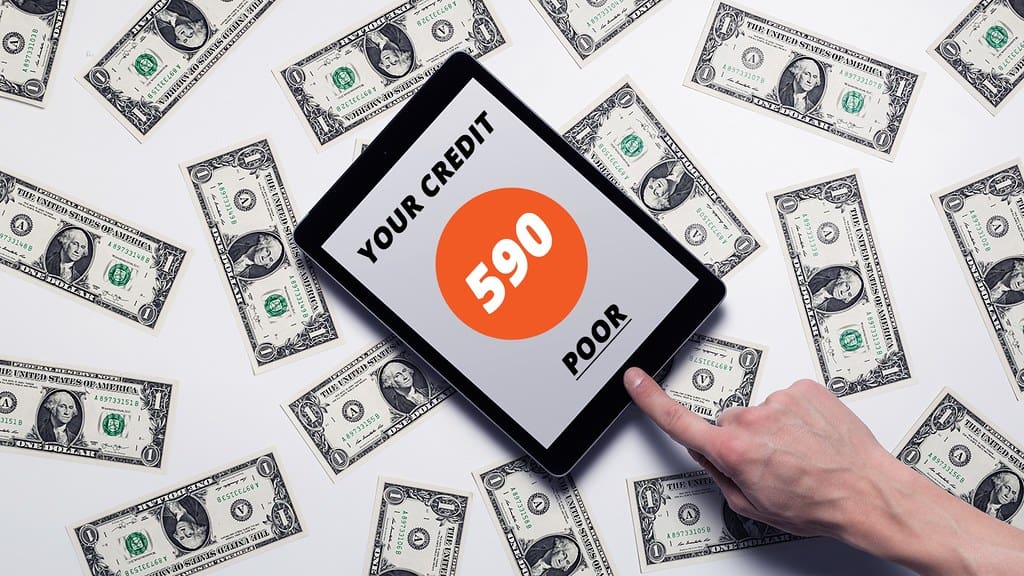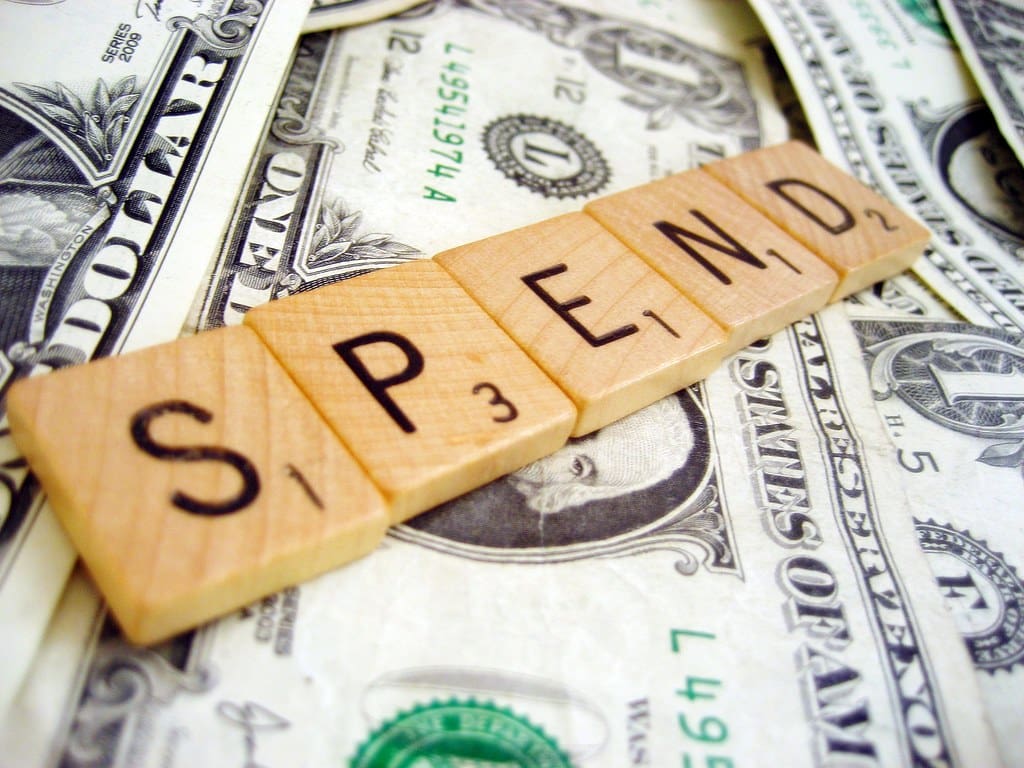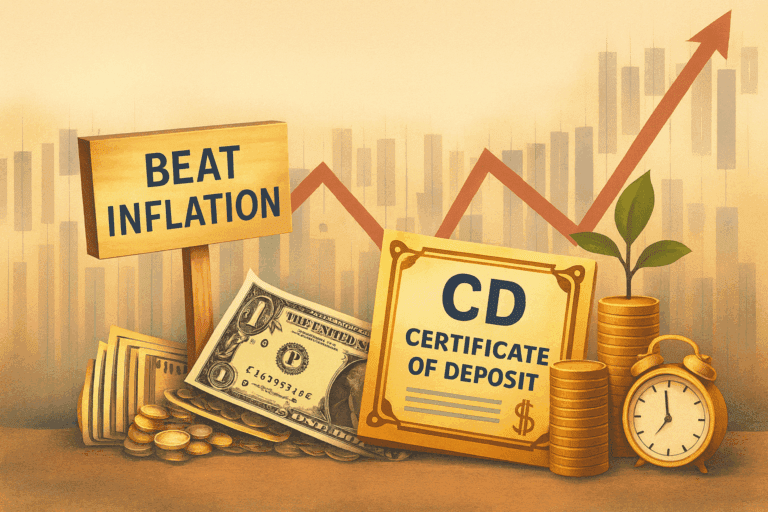Overspending can be tricky. Sometimes, it’s a want vs. need. Other times, overspending is from playing fast and loose with your finances instead of being firmly in control. Here are ten signs of overspending and how to stop.
10. Justifying Unnecessary Purchases

People who overspend and know it will often make excuses to justify their purchases – even to themselves. If you have to conjure up a justification for buying something you didn’t need (or need right now), it’s a warning sign of overspending. To stop this habit, don’t purchase anything unless circumstances absolutely demand that you make the purchase.
9. Ignoring Price Tags and Sales

Some people want something when they want it. Some people never look at the price tag. However, if an item isn’t essential or needed to deal with some emergency, you’ll save a lot of money by waiting. Take the time to compare the best deals, look for coupons, or wait for sales. Otherwise, you’re overspending when you don’t have to.
8. Compulsive and Impulse Shopping

Compulsive buying disorder (CBD), also called compulsive shopping, is a recognized psychiatric disorder that affects 5.8% of the US general population, according to the NIH. It includes impulse buying, the unplanned and sudden purchases made on a whim. There are no evidence-based treatments for CBD. However, there are cognitive-based therapies and self-help and self-monitoring programs.
7. Lack of Savings

If you lack savings, it’s a sign that you are overspending. Emergencies can arise at any time. A lack of savings leaves you unprepared. One emergency can ruin you financially. With whatever money you have left over after paying bills, designate a certain percentage to go into a savings account. Whatever is left is your discretionary spending money.
6. Lacking a Budget

If you are not operating on a budget, it’s easier to accidentally overspend. Creating a budget helps you establish how much money you have coming in and how much money must go out for essentials. This allows you to see what you have left after paying essential bills. With the remainder, designate a budget for spending you won’t exceed.
5. Ignoring Bills or Payments

If you miss installment payments or ignore bills because you’ve run out of money that you’ve spent elsewhere, it’s a warning sign that you are overspending in some area of your life. It’s crucial to prioritize essentials such as food, housing, utilities, and debt payments. Ignoring bills and payments can get you into legal trouble and ruin your credit.
4. Ignoring Financial Goals

If you’re not meeting your financial goals, it’s another sign that you may be overspending in some areas. It can also indicate you are prioritizing immediate gratification over your long-term financial goals. You could be spending too much money on entertainment and material goods rather than putting money into investments that will pay off later in life.
3. Frequent Loans from Friends or Family

If you find yourself frequently running out of money before the end of the money and needing to reach out to friends and family for loans, it could indicate you are overspending. It also signals you could be trying to live beyond your means. To stop, tell yourself that money from friends or family is no longer an option.
Read More: 10 Ways to Avoid Lifestyle Inflation
2. Hiding Purchases or Financial Problems

If you are hiding your financial problems or purchases from others close to you – it signals four things. First, you’re overspending. Second, you know you shouldn’t be making these purchases, so you’re hiding them. Third, you also recognize you have a spending problem and don’t want others to know to avoid their criticism. Fourth, you may need counseling to stop.
Read More: The Craziest Purchases Lottery Winners Have Made
1. Spending More than You Earn

If you frequently run out of money before your next paycheck, you could be overspending. Are you living beyond your means? You may need to adjust your lifestyle to align your expenses and earnings, which could include downsizing. Do your earnings cover your essential expenses (housing, food, utilities, debt)? If so, your main problem is overspending on unessential items. Stop.
Read More: Should College Students Get Credit Cards?








